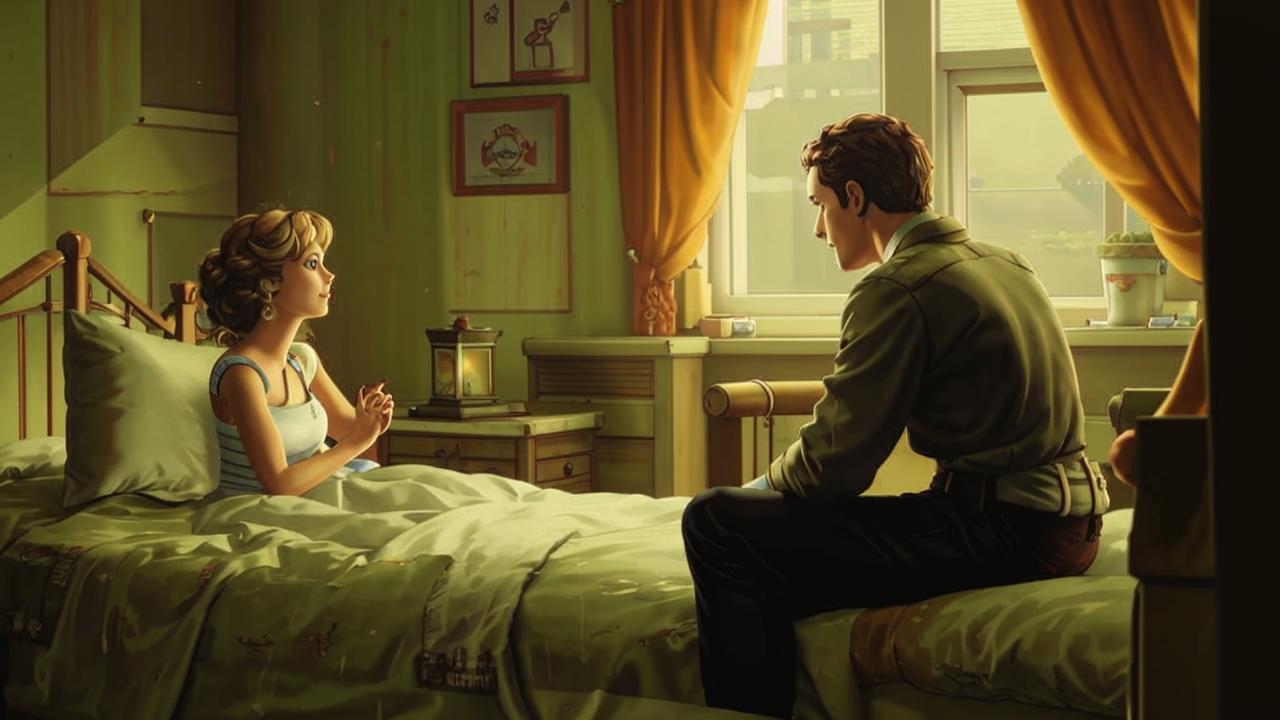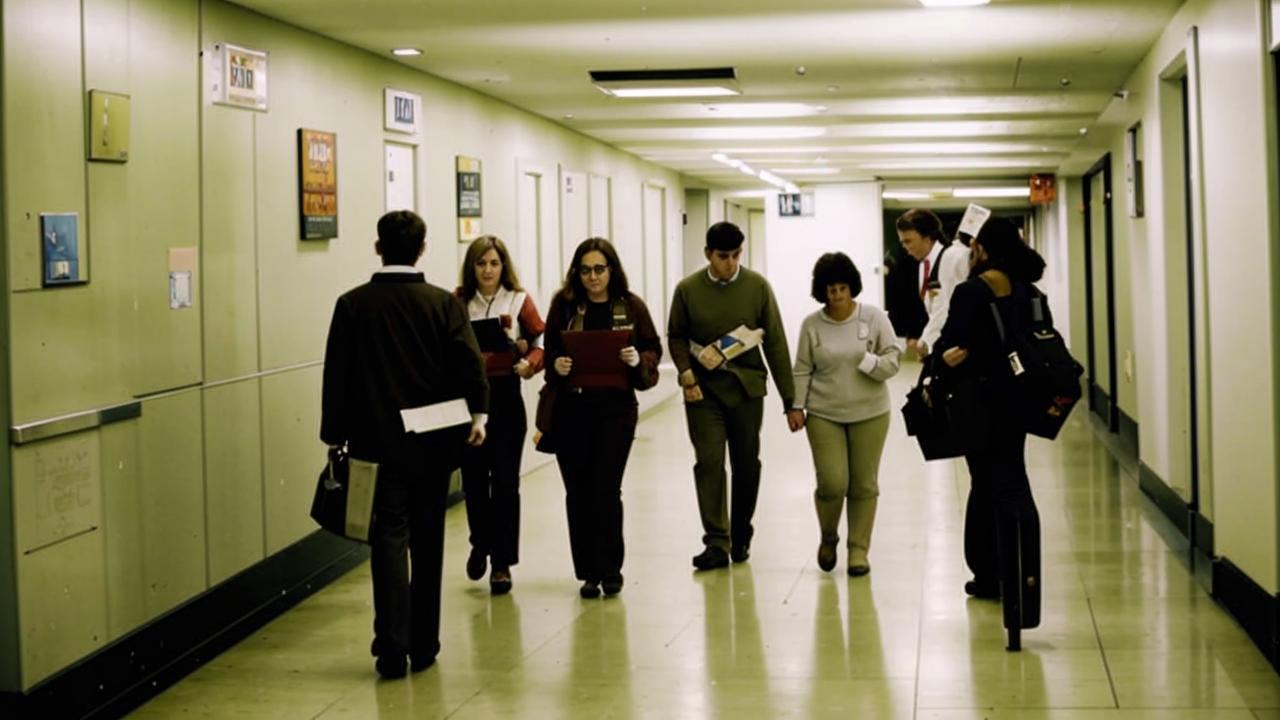
CBT therapist, expert of the online school of psychological professions “Psychodemia”
“Misanthropes in society are accustomed to call people whose position implies dislike for a person. But is it really so? Let’s sort out together who is a misanthrope.”
The word “misanthrope” is of Greek origin and literally translated means “man-hater” (from Greek mesos “hatred” and anthropos “man”).
For such people, the evaluation of others begins with a “-1” mark, if not less. They believe that it is necessary to proceed first from the shortcomings of a person, which are always there and they are by no means few. And, in the opinion of misanthropes themselves, only a radical change of the typical way of life will help to “correct”. That is, a complete change of its basis.
It is not worth considering that a misanthrope is a “monster in the flesh” who eats people for breakfast, lunch and dinner. Not at all. It can be a very pleasant-looking person with a peculiar sense of humor. But he has contempt for almost everyone. The misanthrope may well have its own “trusted circle of selected people” close to him in spirit. In an unfamiliar company, he is able to treat new people with contempt and even avoid their society.

다음 사항에 대해 알려드립니다.
How did the concept arise?
The first mentions of the phenomenon of misanthropy among people were noted back in the work “Timon, or Misanthrope”. This is the work of the ancient Greek writer Lucian of Samosata.
According to the story, the main character Timon is very generous and generous. He has a heart for his friends and for their sincerity he bestows on them what he is rich. However, Timon’s personal tragedy happens. He discovers that his close circle is actually dishonest with him, and every other among them is a flatterer and a traitor.
Timon becomes disillusioned with people. He goes from being a loving, if you will, philanthropist, a do-gooder to a hater of the human race. “New” Timon has a different view of the world: he becomes stale and closed and goes into his own exile.

The plot of “deceived by others” and embittered because of this later man entered the works of many authors. For example, in Shakespeare’s play “Timon of Athens”, Plato’s dialog “Phaedon”, Cicero’s philosophical treatise “Tusculan Conversations”.
All of them describe a hero overflowing with resentment and hatred for the people who betrayed him once. What happened next? These events led to disappointment in people and in every person encountered in general.
The notoriety of this concept was also added by painters and their works. For example, the painting by Pieter Bruegel “Misanthrope”, written in the second half of the XVI century. It depicts an old man in a black mourning robe, from whom an evil and puny dwarf steals a purse. The canvas is framed by the inscription: “The world is so treacherous that I follow in mourning robes”.
Signs of misanthropy
As you can see, behind the hatred and distrust of the misanthrope is not just a feeling, but quite a sad story about the experience of betrayal and perfidy of a close circle. The most peculiar signs of such a person:
- Excessive criticism of the weaknesses and imperfections of both themselves and others;
- rejection of any aspect of human life: from education to views;
- distrust of people;
- limited circle of social contacts, “proven” acquaintances;
- cynical and squeamish attitude to physical imperfections of a person, natural processes of the body;
- a tendency to revenge and inflict suffering, to physically displace anger.

Perhaps someone in the course of reading wondered: it turns out, there is a difference between a misanthrope and a sociopath? That’s right.
Sociopathy is a personality disorder, medically classified as “dissociative”. It is characterized by impulsivity, aggression, antisocial behavior, poor ability to form long-term bonds, and difficulty in developing attachment to anyone.
Misanthropy, on the other hand, is not a diagnosis and is not even associated with personality traits. Although periodically, when describing introverts, people tend to identify signs of such a person in them. The fact is that misanthropy is more of a life philosophy, a developed wariness of the surrounding world and its inhabitants.
Causes of misanthropy
As we found out, misanthropes are not born, but become. And it often happens because of unfair circumstances in relation to them. Among them, we can highlight the key ones.
- Difficult childhood, during which the child may have been subjected to violence from an adult, ridicule or bullying at school, severe punishments for misdemeanors or bad grades.
- Rigid upbringing with a perfectionist bias.
- High level of intelligence. Here, what is called, “woe from wit” or, as Pushkin’s hero Onegin said: “Who lived and thought, he can not in his heart not despise people.” And indeed, misanthropes are usually intellectuals in their greater mass.
Also, speaking of the causes of misanthropy, it is possible to highlight dissatisfaction with life. Often in such a case, it can serve as a symptom of depression. Another reason is increased impressionability and the consequence of the presence of a disease (including dissociative disorder).

Misanthrope – a person who has difficulties in building relationships with others. He is the protagonist of a story in which the world appears as an enemy. For this reason, relationships and any form of interaction with him is very difficult to build. But it is possible.
As experts, we recommend avoiding fierce discussions with misanthropes on the topic of public morality and ethics. If possible, you should not appeal to prosocial topics such as religion, politics, and morality.
You need to use self-relaxation techniques, keep your focus, and not get aggressive. Also, perhaps one of the most true and correct strategies is that if you see that the person is not in the mood to talk, don’t torture yourself or him. Give it time, better yet, refuse to discuss sensitive topics at all.
Is it bad to be a misanthrope?
Here, as with everything in the world, there are two sides of the coin. On the one hand – if you are a misanthrope, then it is unlikely that for you there is any question at all whether it is bad. Why? Notions of “bad” or “good” must rest on some sort of societal notions of good and evil. This is supposed to be a moral and ethical category, which you are skeptical of.
On the other hand, as we have already found out, most often misanthropes do not become misanthropes from a good, loving and accepting life. Lack of confidence in people and the world indicates, among other things, the need to find a support. It is good if it is inside you.
But often when you try to lean on yourself, you realize that you yourself are imperfect. And therefore, not quite reliable. So the sense of support and stability is lost. In case of failure, anxiety can arise, accompanied by resentment and anger not only at others, but also at yourself.

How to cope with misanthropy?
Of course, working towards building a trusting relationship with the world can and should be done. Especially if the way you lived before, does not suit you or people valuable to you. The first step toward solving the problem is to get to know the problem. To do this, it is important to contact a specialist.
Start with an individual consultation with a psychologist. Discuss your negative or not-so-pleasant experiences, fears and doubts. Perhaps your misanthropy is a defensive reaction because you have sociophobia (fear of society) or social anxiety.
Next, try to start doing good deeds. You may ask, what kind of nonsense is that? Does anyone need this? You may not immediately believe it, but yes, they do and quite a few people do. Whatever the reasons behind good deeds, they do make the world and life better.
Of course, global problems will be difficult, if not impossible, for you to solve. But, on the other hand, doing something is better than doing nothing. If not out of good intentions, then at least out of a desire to ensure your own comfort.
Try also to develop social skills, expand your circle of acquaintances. It seems to you that the nature of all people are the same? In part, you are indeed right. We are one species, and therefore similar. However, just like you, others are unique. We each have our own amazing story to tell. Why not get to know it?

Allow yourself and others to be wrong. Try to be less rigid. There are no mistakes made by those who do nothing. When you make a mistake, you discover a new point of view, a different perspective on solving problems or tasks you hadn’t thought about before.
And a purely psychological CBT recommendation: start keeping a self-observation diary. Not everyone likes this practice. However, it is really quite useful if your personality framework consists of psychological defenses.
Engage in self-reflection with the help of a diary. Keep track of your states, thoughts and feelings, fears you face. Discuss them with your therapist and follow the trend in therapy. This will make it easier for you and your therapist to understand where you are going and whether you are going in the right direction.
To summarize, I would like to emphasize that each of us is not immune to situations of betrayal or disappointment. Therefore, it is very important for us to be kinder, more patient with each other and not to stigmatize a person who is different from us.






